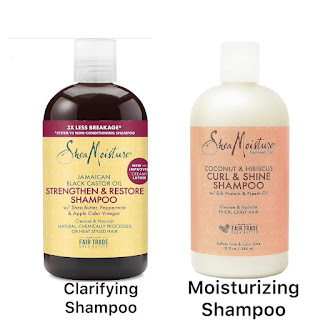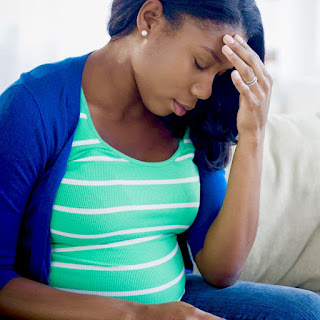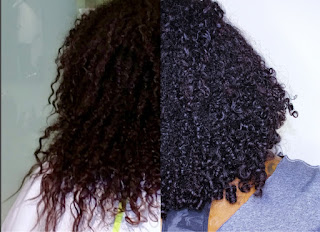Can Micro braids damage hair?

Micro braids can potentially damage hair if they are installed or maintained improperly. Tightly braided micro braids can cause tension on the hair and scalp, leading to breakage and hair loss. It's important to ensure that they are not too tight and that they are installed by a skilled professional. Additionally, leaving micro braids in for too long without proper care can also lead to damage. Proper maintenance, moisturizing, and avoiding excessive tension are key to minimizing the risk of damage.





